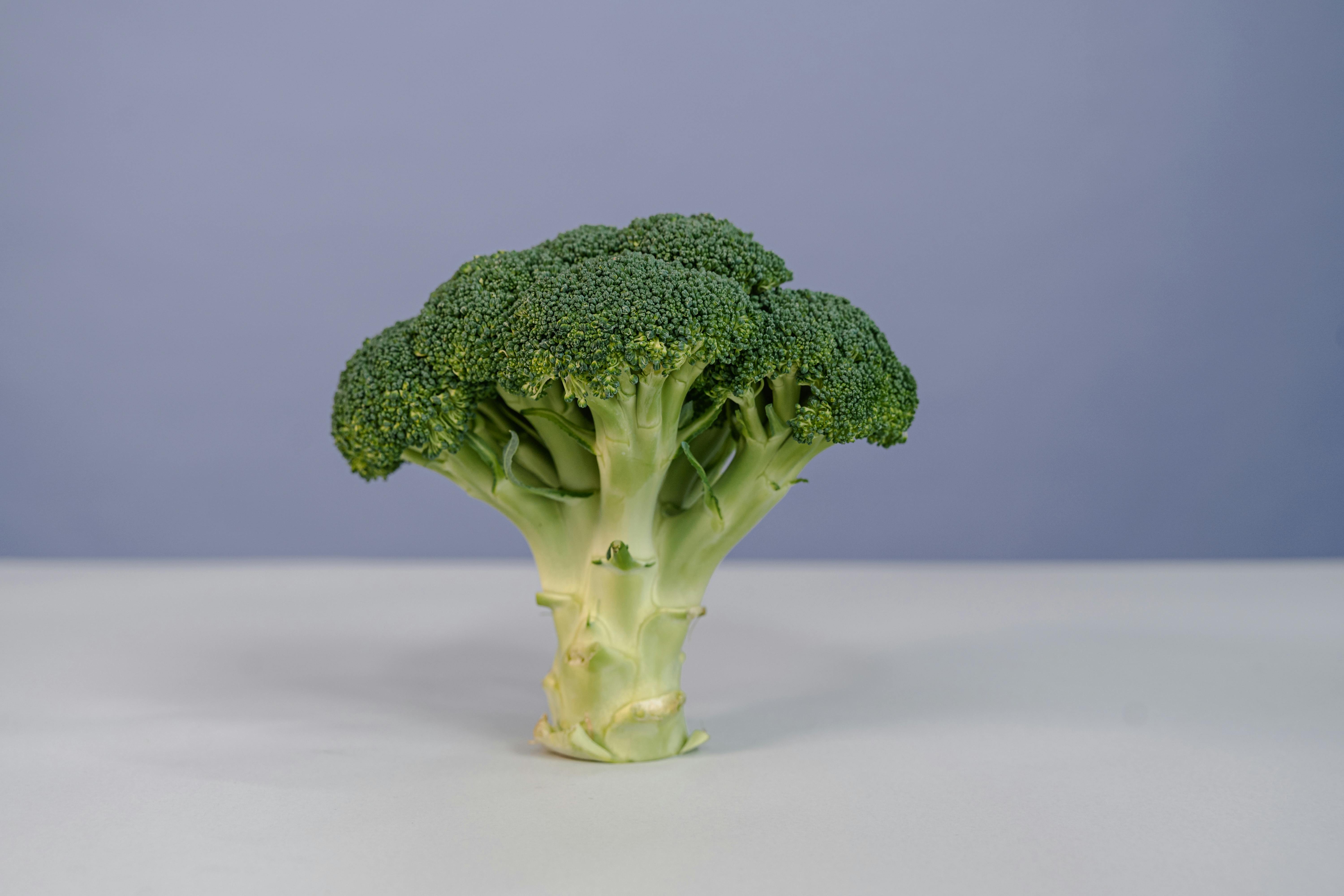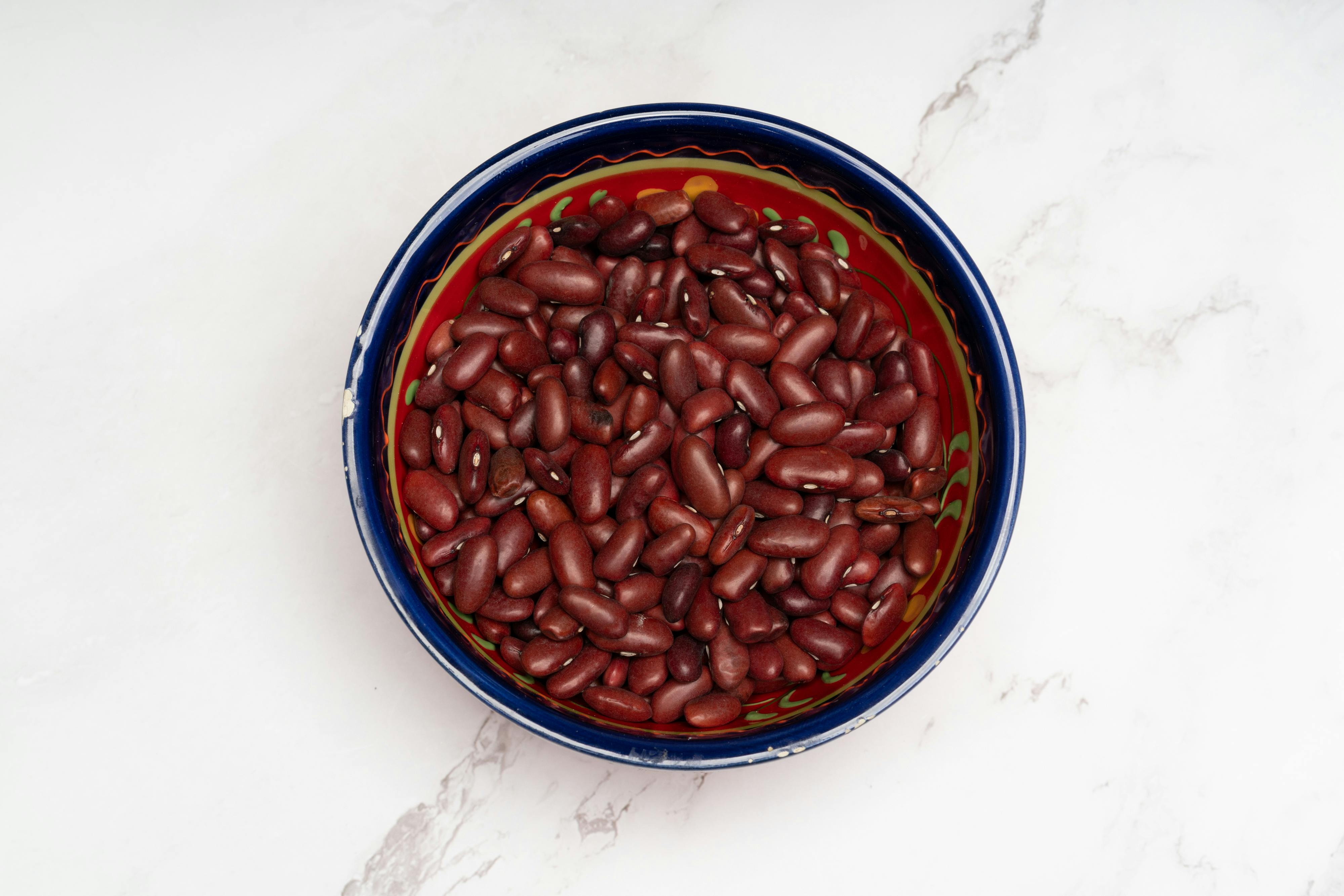
Effective Ways to Streamline Your 30-Day IBS Diet Plan
Embracing a 30-day IBS diet plan can significantly improve your digestive comfort and overall well-being. With nearly 15% of the global population affected by Irritable Bowel Syndrome (IBS), understanding how to manage your symptoms through diet is crucial. This comprehensive guide will provide actionable tips to create your personalized meal plan for IBS while emphasizing the importance of gut health.
By following this approach, you can enjoy delicious foods that support your digestion, relieving symptoms and reducing bloating. The article is structured to cover the essentials of an IBS-friendly diet, including the best foods for IBS, foods to avoid with IBS, meal prep techniques, and hydration tips. Expect to discover practical recipes, mindful eating practices, and how lifestyle changes can play a pivotal role in your IBS management.
Ultimately, the key takeaway here is to empower yourself with knowledge about your body, leading to an improved quality of life. Now, let’s dive deeper into understanding the fundamentals of the IBS diet.
Understanding the IBS Diet: A Comprehensive Overview
Understanding the IBS diet is a multifaceted journey that involves recognizing food triggers, nutritional needs, and how to balance your meals effectively. It’s essential to start by identifying the specific symptoms of IBS you experience, which can greatly vary between individuals.
Symptoms of IBS and Food Triggers
IBS manifests in various ways, including abdominal pain, bloating, gas, diarrhea, and constipation. Often, these symptoms can be exacerbated by specific foods. A crucial first step in managing IBS is keeping a food diary that tracks what you eat and any symptoms you experience. This practice helps pinpoint food triggers, which could range from high FODMAP foods to lactose-containing items. By understanding your unique triggers, you can tailor your IBS food guide to exclude harmful choices.
Nutritional Needs in the IBS Diet
When planning a low FODMAP diet, it’s vital to ensure you're still meeting your nutritional requirements. Focus on including a variety of fiber sources such as soluble fiber (found in oats and certain fruits) and insoluble fiber (available in whole grains and vegetables). A diet balanced in these fibers supports digestion health and aids in alleviating IBS symptoms. Additionally, consider incorporating probiotics into your routine, known to enhance gut microbiome health.
Creating a Personalized IBS Diet Plan
After understanding your symptoms and nutritional needs, it's time to create a personalized diet plan. Start with a meal frequency that suits your lifestyle—many prefer smaller, more frequent meals to aid digestion. Consider integrating anti-inflammatory foods such as fatty fish, nuts, and seeds while limiting processed items and sugars. Likewise, implement hydration strategies by drinking adequate water throughout the day. Keeping your meals simple, yet vibrant with wholesome ingredients, will help maintain enthusiasm and minimize stress during meal prep.
The Role of Hydration in Managing IBS
Proper hydration is essential for maintaining gut health. Drinking sufficient water helps movement through your intestines, preventing constipation. Aim for at least 8 glasses of water a day, and consider incorporating herbal teas known for their calming effects on digestion. Avoid excessive caffeine and fizzy drinks, as they may worsen IBS symptoms.
Common Misconceptions About the IBS Diet
Many people think that an IBS diet is restrictive; however, it’s essential to view it as an opportunity to explore new foods and cooking methods. For instance, you can enjoy flavorful dishes rich in anti-gas foods such as ginger and peppermint while avoiding common triggers. Shift your mindset to focus on foods that you can incorporate instead of exclusively on what you cannot consume.
Meal Prep Techniques for Your IBS-Friendly Diet
Streamlining your meal prep can make following a 30-day IBS diet plan easier and more enjoyable. The secret lies in organization and flexibility, allowing you to maintain compliance while enjoying your meals.
Effective Cooking Tips for IBS
Emphasizing gentle cooking methods such as steaming, baking, and broiling ensures that you preserve the nutrients without aggravating IBS symptoms. For example, steam your vegetables to soften them, making them easier to digest. Experiment with herbs and spices that are IBS-friendly to enhance flavors without using trigger ingredients.
Building a Low FODMAP Meal Plan
Creating a low FODMAP meal plan is essential for managing IBS effectively. Utilize a structured approach by developing weekly menus that integrate breakfast, lunch, dinner, and snacks. For breakfasts, consider oatmeal topped with banana—a low FODMAP fruit. Lunch options can include a quinoa salad with spinach and grilled chicken, while dinner may consist of baked salmon with steamed carrots. Finally, opt for low FODMAP snacks like rice cakes or lactose-free yogurt.
Embracing Portion Control for IBS
Portion control is vital when managing IBS; overeating can trigger symptoms. Use measuring cups or a kitchen scale to aid in portion sizes. Follow your body’s hunger cues and practice mindful eating by savoring each bite to enhance your overall dining experience.
Tracking Your IBS Progress
Maintain a food diary to encourage accountability and track your symptoms closely. Document meals, portion sizes, and any reactions you experience. This process will help you identify patterns that you can adjust to optimize your diet over time.
Engaging in Social Events with IBS
Socializing can be challenging when following an IBS diet. Prepare by checking restaurant menus beforehand for IBS-friendly options, and don’t hesitate to bring your own snacks to gatherings. Communicating your dietary needs to friends and family can also foster a supportive environment, ensuring you enjoy social interactions without stress.
Delicious IBS-Friendly Recipes to Try
Cooking for IBS doesn’t mean sacrificing flavor or enjoyment. There are countless delicious IBS-friendly recipes waiting to be discovered. Emphasize whole foods and use simple ingredient swaps to make traditional favorites gut-friendly.
Easy Low FODMAP Breakfast Ideas
Begin your day with a nutritious breakfast by exploring low FODMAP options like chia seed pudding topped with strawberries or scrambled eggs with spinach. These meals provide a good balance of protein and fiber without triggering IBS symptoms. Incorporating smoothies made with lactose-free yogurt and banana can also be a great start to boost digestion health.
Low FODMAP Lunch Ideas
For lunch, create a hearty salad with mixed greens, grilled chicken, and a homemade vinaigrette. Alternatively, consider a rice bowl topped with your choice of vegetable and protein. Emphasize using fresh, seasonal produce to enhance flavors and provide nutritional benefits.
Low FODMAP Dinner Ideas
Dinner can be simple and savory—try a one-pan dish featuring roasted vegetables and chicken seasoned with herbs. You may also explore gluten-free pasta paired with low FODMAP marinara sauce for a comforting meal. These recipes ensure you feel satisfied without compromising on the diet's restrictions.
Incorporating Snacks Between Meals
Having IBS-friendly snacks on hand is essential to maintain energy levels and prevent cravings. Consider options like rice cakes topped with peanut butter or fresh fruit. It's crucial to choose snacks that align with your FODMAP limits while keeping portion sizes moderate to avoid triggering symptoms.
Family Meals for IBS
Cooking for the whole family can be straightforward when embracing IBS-friendly principles. Focus on simple recipes that can easily be adjusted for everyone’s taste. Engaging in meal prep collaboratively can also ensure that everyone is part of the journey toward improving gut health while enjoying nutritious meals together.

Monitoring Your Progress: The Importance of a Food Diary
Monitoring food intake and symptoms can offer valuable insights into managing IBS effectively. Keeping a food diary is a constructive way to track what works for your body and what doesn’t.
How to Keep a Food Diary
When maintaining a food diary, include details about your meals, snacks, and the timing of your meals. Record any symptoms you experience, along with their intensity. This exercise allows you to evaluate which foods contribute positively or negatively to your well-being, becoming instrumental in developing your personalized diet plan.
Identifying Patterns and Triggers
Reviewing your food diary regularly reveals patterns in your digestion health. You may notice that certain high FODMAP foods worsen your symptoms, while others promote a general sense of well-being. Identifying these trends assists in refining your dietary approach.
Benefits of Consultations with a Dietitian
Consider partnering with a dietitian specializing in IBS to help tailor your dietary needs. They can provide personalized advice based on your food diary insights, guide you through complex nutritional requirements, and offer strategies for long-term success.
Utilizing Educational Resources for IBS Management
Exploring educational resources can enhance your understanding of IBS and help you implement effective dietary strategies. Books, online platforms, and support groups can provide invaluable information on navigating food triggers and optimizing your diet.
Support Systems for IBS Management
Engaging with support systems—be it online forums or local support groups—can foster connection and empathy. Sharing your experiences with others who understand your challenges can be incredibly therapeutic, enhancing your coping strategies and motivation to adhere to your IBS meal plan.

Conclusion: Embracing an IBS-Friendly Lifestyle
Adapting to a 30-day IBS diet plan is a valuable step toward symptom relief and enhancing your overall gut health. By focusing on foods that support your digestion, while avoiding triggers, you can pave the way toward a more comfortable existence. Engage in meal prep, monitor your food intake, and stay connected with your support network as you transition to this healthier lifestyle.
Remember that progress may take time, and it's essential to be patient with yourself as you navigate this journey. The best approach combines education, community engagement, and personalized dietary strategies—empowering you to take control of your health and embrace the joy of food.